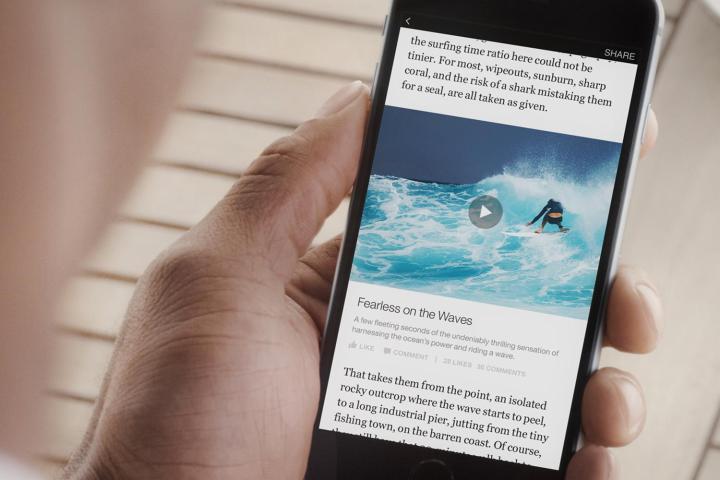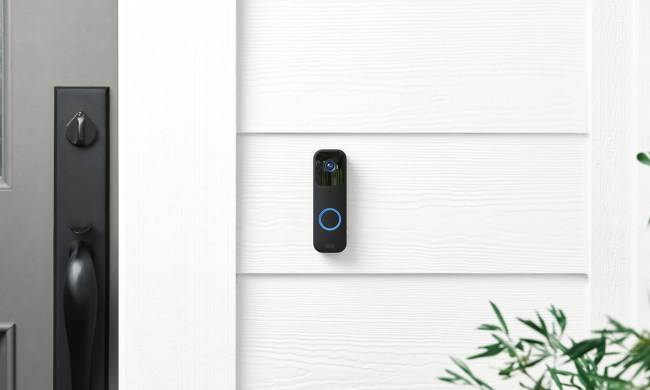
The feature, which was released exclusively for video ads in February 2016, provides captions for English-language clips through an automated process. Facebook confirmed to TechCrunch that it began rolling out the function to Pages in October.
Video captions on Facebook are powered by voice recognition, allowing Pages and marketers to manually edit the transcriptions in case of errors. Over time, as more people use the AI-assisted subtitling system, it could develop into a powerful tool — especially since the social network itself predicts that by 2021 video will generate 70 percent of its traffic.
It’s also important to note that auto-play videos (introduced to the platform in late 2013) are traditionally served with the sound off, although that may be changing judging by the company’s tests in August.
As a result, advertisers were initially forced to create clips with hard-coded subtitles that appealed to users even when muted. Viewers could then decide whether to turn the sound on or not. Either way, eyeballs glued to a clip equal higher engagement metrics for Facebook, which equals more ad revenue.
Auto-captioning made the entire process easier for advertisers, and now too for Page admins. When a video is uploaded to a Page, a “generate” button can be selected in the video editor (or above the clip in the feed) to automatically create subtitles. The captions are then broken down for short segments of the video, so that Page admins can manually make corrections and play back the snippet to see transcriptions alongside the action on screen.
The move should appeal to small and medium-sized businesses on Facebook looking to create more promotional content, and to video creators and influencers. Facebook has not disclosed if the tool will be made available to general users in the future.


